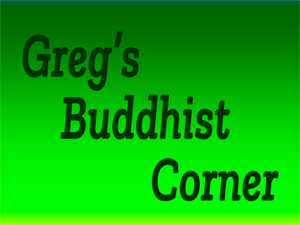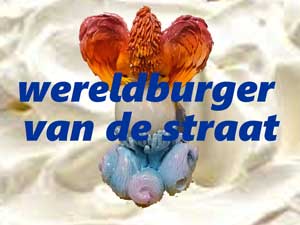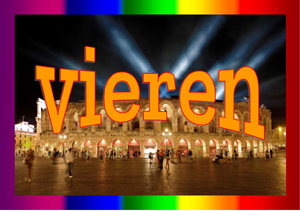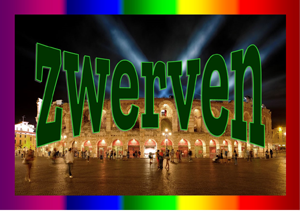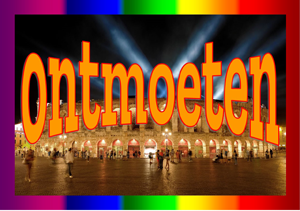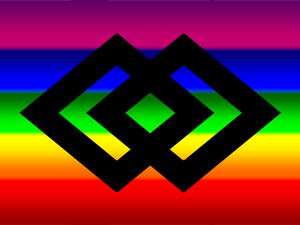Your Mind Is Your Religion
By Greg Suffanti
QFWF no. 4, May 2018
Dear Reader,
Thank you for taking the time to read my blog. As a practicing Buddhist, I am always looking to try to broaden my motivation to want to help others. I think this effort has been helpful for me, especially when it comes to a growing understanding and appreciation of how most of us have problems and suffering in our lives to one degree or another.
I worked as a caregiver for 13 years and saw suffering and death on a daily basis. This kind of suffering was a reminder to me that my own suffering was quite insignificant by comparison. I hid behind those unfair comparisons for years, telling myself that my own suffering was nothing. I hid because I was embarrassed and ashamed.
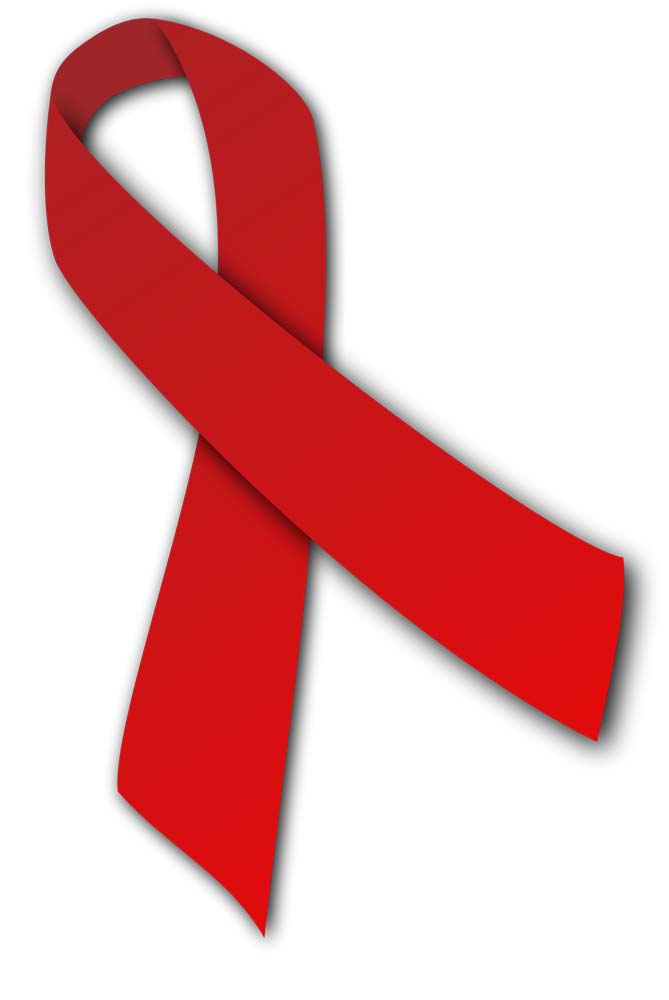
It was easier to tell the narrative that I’d moved from America to Amsterdam to escape corporate capitalism and to study Buddhism. This is all true, but, the complete story is that I came to Holland to die after being diagnosed with HIV/AIDS in 1996. By the end of the last century, I had failed to be helped by any of the drugs then available, and although not a political person by nature, I’d become aware that I wanted to die in a place where I had the same rights as everyone else.
I wanted to live and die with dignity. I was in my early thirties then and I struggled everyday with the prognosis that I would soon die. This became my BIG secret and I told almost no one. I was one of the lucky ones, because my illness didn’t “show”; I could pass for “healthy”.
The Four Noble Truths
I constantly felt dirty and diseased and ashamed of my unwanted identity as a gay man with HIV/AIDS. My life was a living nightmare until the day when I started dreaming of moving to the Netherlands, a country where a person like me would have healthcare and the same rights as everyone else. A future.
I’ve chosen the Four Noble Truths as a way of putting my HIV/AIDS and Buddhism story within the framework of a basic Buddhist teaching. The Four Noble Truths are:
- The truth of suffering.
- The truth of the cause of suffering.
- The truth of the end of suffering.
- The truth of the path that frees us from suffering.
1. The Truth of Suffering: “Pain has made you ready to learn”
I was 32 years old when I got the news that changed my life forever. My 29 year old partner of eight years was diagnosed as having PCP pneumonia, one of the illnesses that classifies one as having AIDS. The doctor unceremoniously added that there was “no chance I wasn’t infected”. He was right. There were no effective treatments back then, and an AIDS diagnosis was a death sentence.
My partner would eventually get better and fall in love with someone else, become my ex and eventually succumb to his illness. I threw myself farther into work and hid my shameful secret, feeling very alone and very dirty and unworthy of love. In the 1990’s in America you didn’t talk about being gay; it was a “don’t ask, don’t tell” approach to life.
In some places in America, you could still be arrested simply for being yourself. HIV/AIDS was so scary back then, that many people dying of the disease refused to even admit what their actual illness was. I think the same is true today in many parts of the world. Sadly, it remains a disease dreaded by all and labeled with the perception that the infected person has to be blamed rather than consoled.
Between hope and fear…

I was in a monogamous relationship for years, and was completely blindsided by this shocking news. I guess with the diagnosis of any disease, a natural response is to think and feel, “why me?” I felt lost in life and every day I asked myself, “what is the purpose of life?”
It wasn’t until I opened Lama Zopa’s “Making Life Meaningful” book that I saw it so plain and simple for the first time: “The purpose of our lives is to help others.”
After seeing His Holiness the Dalai Lama on a former CNN program called “Larry King Live”, I purchased some books on Buddhism. Somewhere, I read a quote attributed to the Buddha which said, “pain has made you ready to learn.” I remember being constantly overwhelmed by both my physical and mental suffering. I desperately wanted to learn how I could help myself feel better. Every day felt like a nightmare from which I’d never wake. I constantly found myself asking myself, “is this really my life?” Eventually my work asked me to relocate from Seattle, Washington to Charlotte, North Carolina.
I had been to Amsterdam in 1998 and had fallen in love with the beautiful old city, famous for its advocacy of gay rights. I began to dream of a new life, I began to have hope for something positive in my life. I decided to move to Amsterdam and study Buddhism. I chose hope over fear of the unknown.
2. The Truth of the Cause of Suffering: “Taking a safe direction in life”
In September of 2000 I started taking classes on Buddhism at the Maitreya Instituut in Amsterdam. My first teacher, Ven. Kaye Miner, was very sympathetic to my situation, however she always stressed the suffering of others as also being an important consideration. It would take me years to begin to see that all of my clinging to my own story and the fantasies of what I wanted were actually holding me back from experiencing and enjoying my own life. Ven. Kaye always talked about following the Buddhist path as “taking a safe direction in life.”
Become your own therapist
Ven. Kaye gave me some books by Lama Yeshe. These books are available for free from Wisdom Publications, and they’ve helped me a great deal through the years. Lama Yeshe advises us to “examine your own mental attitudes. Become your own therapist…. You don’t have to embark on some emotional, religious trip to examine your own mind.” He goes on to say that “if you want to be happy, you have to check the way you lead your life. Your mind is your religion.” [3]
It was quite a painful shock to learn that from the Buddhist perspective I was directly responsible for all of the negative things I was experiencing. This seemed to confirm that I deserved to be sick and unhappy and alone. It would take years of caring for others to see that there are all kinds of suffering and to see that not only is there suffering all around me, but that suffering is suffering. Period. Feeling sorry for myself only served to isolate me from the truth of my own life.
Suffering is suffering
Slowly, I began to realize that there was no god punishing me for my sins, and slowly I grew to accept that I could play a role in my own happiness. This has been a very long and slow process, and as I wrote in an earlier blog, I suffered a burnout and a stroke before it finally dawned on me that I needed to accept and embrace myself if I wanted to start to truly heal and to have genuine love and compassion for others as well.
Lama Yeshe says that “superficial observation of the sense world might lead you to believe that people’s problems are different, but if you check more deeply, you will see that fundamentally, they are the same. What makes people’s problems appear to be unique is their different interpretations of their experiences.”[4]
Through my care work I met some extraordinary people. A couple of these people became treasured friends. They are no longer here, but they taught me the magic and beauty of loving and caring for others, and the necessity of loving and caring for myself. Everything in this world is in a constant state of change, but love and compassion transcend life itself… they are eternal. There is nothing religious about love, it is simply wishing the other to be happy. There is nothing religious about compassion, it is simply wishing the other to be free of suffering.
The magic and beauty of loving and caring for others
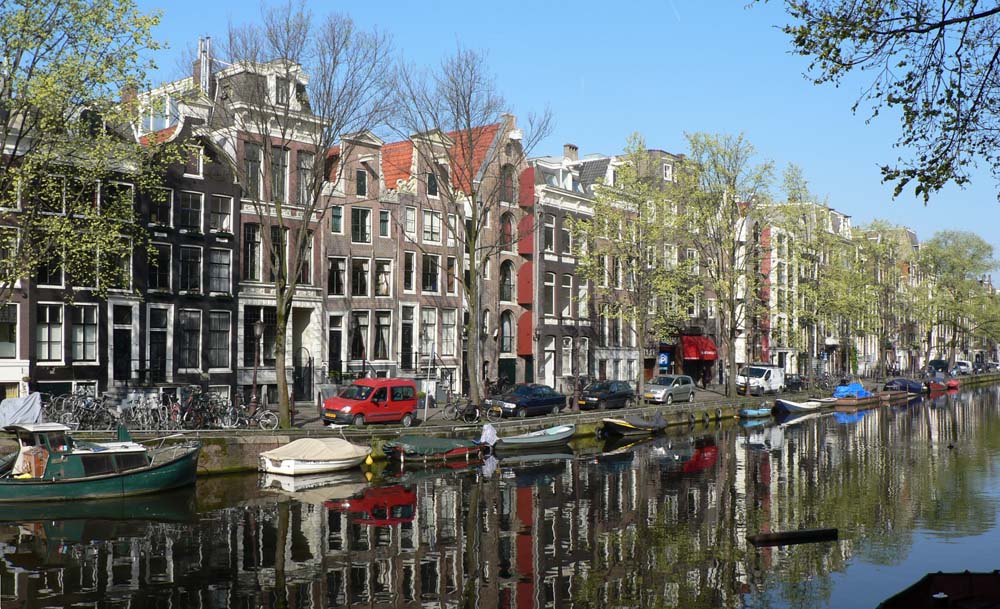
These were difficult and long years and I was sick almost all of the time. However, when I look back, it is the love and compassion from Ven. Kaye that stands out. It is the friendships that I made that I remember. It is my not giving up on myself year after year.
In 2010 a new HIV/AIDS drug came on the market. Because I had still continued to fail on each new drug that came along, I won a place in a sort of “drug lottery”, and I started a treatment that for the first time in fourteen years, actually began to work and to suppress the HIV virus. This was a miracle to me, and I still remember calling Ven. Kaye, in tears, telling her I could feel the drugs working. She had tears of joy as well. Buddhism was teaching me what to cultivate and what to work away from, both in good times and bad.
I’ve met and known some wonderful people through taking different teachings and especially through volunteering a bit of my time to help a small Buddhist center. My life has been truly enriched these last seventeen years and I couldn’t imagine my life without my volunteer work.
3. The Truth of the End of Suffering: “Cultivate Satisfaction”
Anyone who studies Mahayana Buddhism is familiar with the term emptiness. From the Mahayana Buddhist perspective, all of our problems begin because we solidify ourselves and then grasp onto ourselves and all other phenomena as though everything is fixed and permanent. When we look for the “I”, we cannot find anything that we can point to and say, “that is the ‘I’.” We then continue to label everything around us, making a non-existent world of our own creation, saying, “this is good, this is bad, this I don’t care about” and before we know it we have yet more problems.
After suffering a burnout in 2009, I met a therapist, Dr. Mieke Fleury, who challenged me about the many negative labels I’d stuck to myself: loser, sick, diseased and unwanted. I was unable to loosen the grip of these negative self-images, and the burnout seemed proof positive that I had become everything a person never wanted to be. So much for my years of studying Buddhism! I was blind to myself and what I was doing to myself.
Cultivating satisfaction with daily life
Slowly, slowly, I began seeing the self-destructive way I dealt with myself. Finally, I started looking for this horrible, sick loser named Greg… and of course I couldn’t find him!
One of the simplest pieces of advice I’ve encountered in Buddhism is to try and cultivate some sort of satisfaction with your daily life. When feeling ill it is difficult to look at the illness as being “empty”, when you feel “full” of illness. That is my experience.
However, by looking at the negative labels I stuck on myself, I slowly began to see the unhealthy relationship I’d created with myself. Then, I could see that these labels were not based in any kind of reality. This has been helpful. What has also been helpful is to spend time each day thinking of all the things in my life that I am thankful for. There comes a feeling of gratitude each day as I realize more and more that I am okay and so is my life.
From desperate loneliness to blissful peace and pace
What was once desperate loneliness is now blissful peace and space. What was once my horrible, shameful secret, is a chance to try and help others beyond their own self-created prison of misery. I can tell you that I have HIV/AIDS, and maybe you do, too? Maybe you have other problems, but can still relate to the negative self-labelling?
It is through the kindness and help of others that I’m able to write to you today, so I can only suggest that if you look for help, you will find it. You don’t have to solve all your problems by yourself. I wish I had had the courage to ask for help earlier, before I let things get to the crisis point because I used to think that to ask for help is to admit to failure.
4. The Truth of the Path: “Don’t believe in anything!”
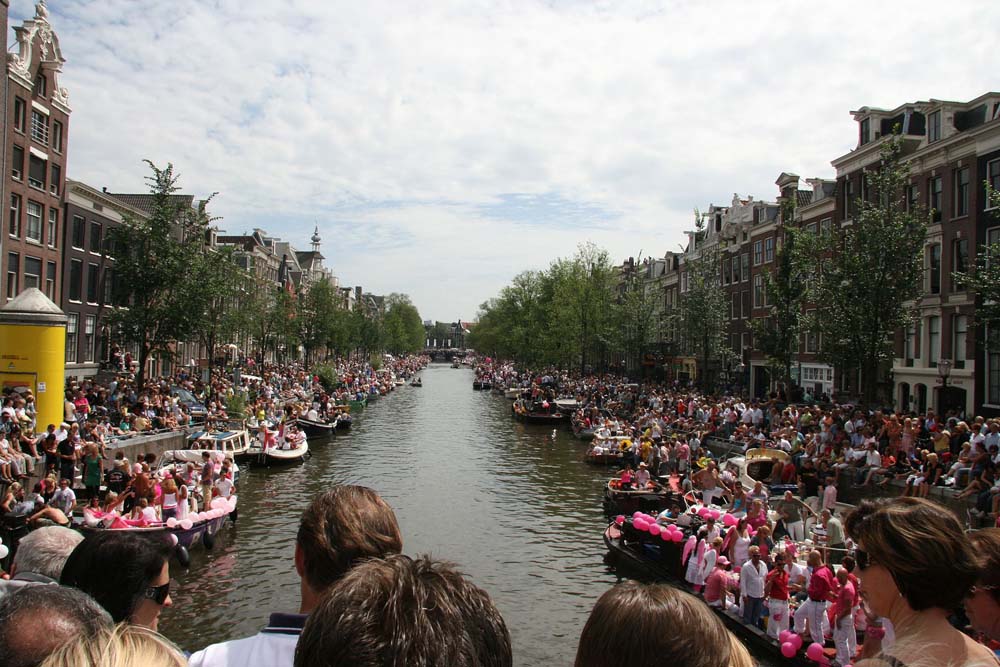
There are any number of Buddhist paths that all share the common goal of reaching one’s full potential. I will be forever thankful to both Ven. Kaye Miner and my subsequent teacher, Geshe Sonam Ngodrup, who taught off and on at Maitreya Instituut from 2012-2017.
It was through making a personal connection with two qualified teachers that I’ve had the inspiration to stay on the Buddhist path all of these years. So much of what I’ve learned is just plain common sense. It has also been the unconditional love and acceptance that I’ve received that has allowed me to start trying to cultivate these very same qualities towards others. It was only by thinking over and over again about the suffering of others, that I finally felt the courage to go beyond my own fears and write about my experiences with having HIV/AIDS and being a Buddhist.
Writing about this helps me to feel closer to my own truths, and farther away from my mistaken idea that I have nothing to offer because I happen to have an illness… in this case, an illness with a good deal of negative baggage attached.
Do not rationalize or push. Relax.
What I continue to cherish most in Buddhism is its non-secular approach to solving one’s own problems and becoming happy.
Lama Yeshe suggests that “when you check your mind, do not rationalize or push. Relax. Do not be upset when problems arise. Just be aware of them and where they come from; know their root. Introduce the problem to yourself: Here is this kind of problem. How has it become a problem? What kind of mind has made it a problem? What kind of mind feels that it’s a problem?” When you check thoroughly, the problem will automatically disappear. That’s so simple, isn’t it? You don’t have to believe in something. Don’t believe in anything!” [7]
But please try to believe in your own potential for positive change!
Thank you dear reader for taking the time to read my simple story.
Notes
[1] Source: Red Ribbon
[2] Source: Amsterdam in 1538
[3] Yeshe, Lama, “Make Your Mind an Ocean”, Lama Yeshe Wisdom Archive, Lincoln, MA., p. 15
[4] Yeshe, Lama, “Make Your Mind an Ocean”, Lama Yeshe Wisdom Archive, Lincoln, MA., p. 48
[5] Source: Amsterdam
[6] Source: Gay Pride Amsterdam
[7] Yeshe, Lama, “Make Your Mind an Ocean”, Lama Yeshe Wisdom Archive, Lincoln, MA., p. 15

